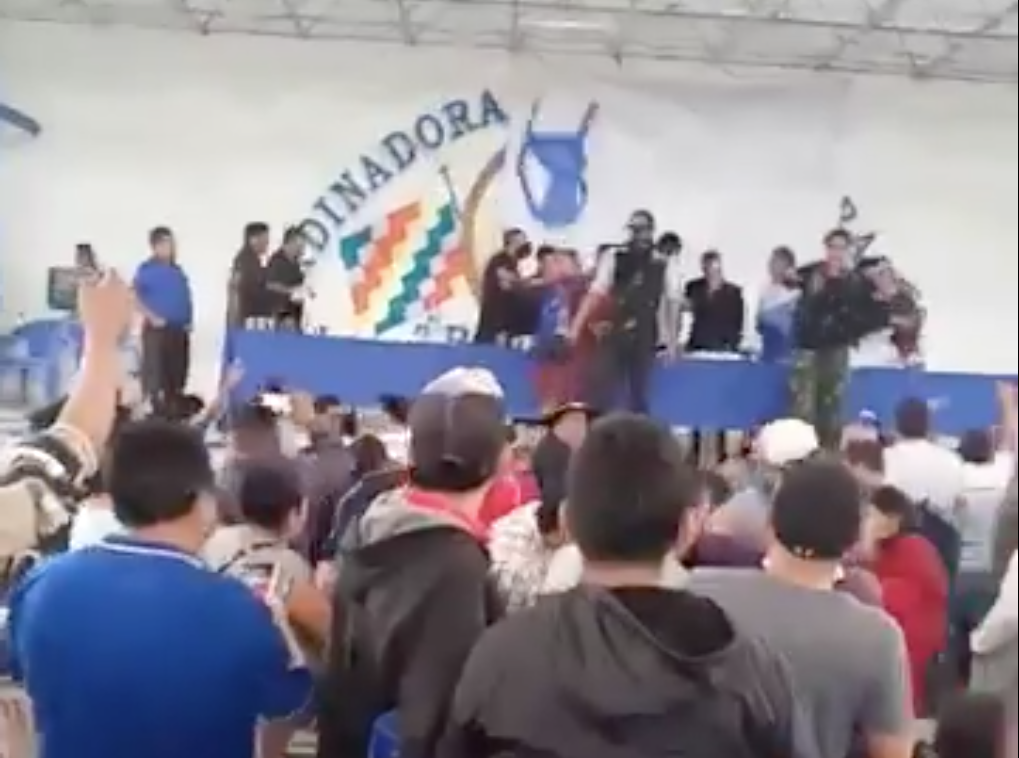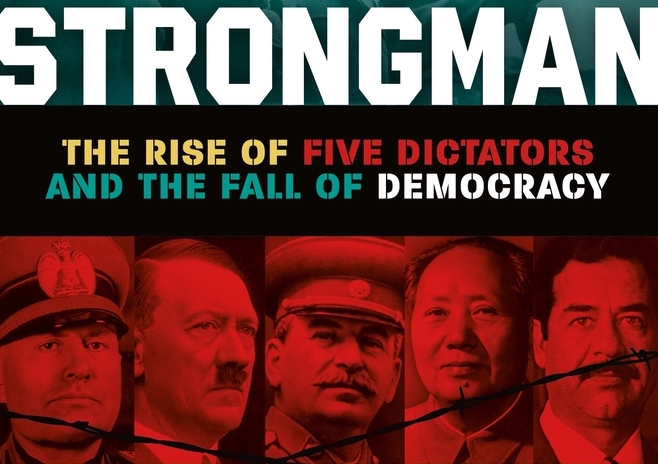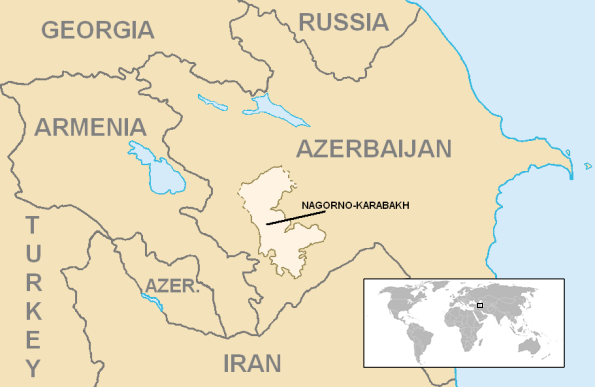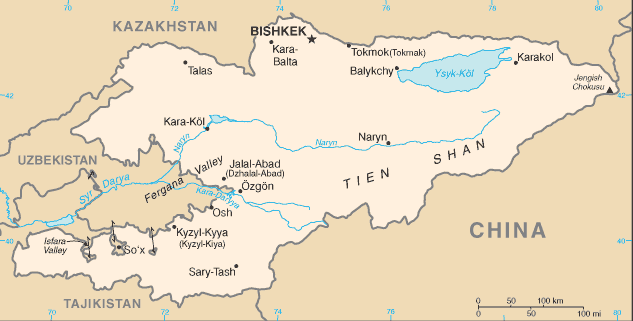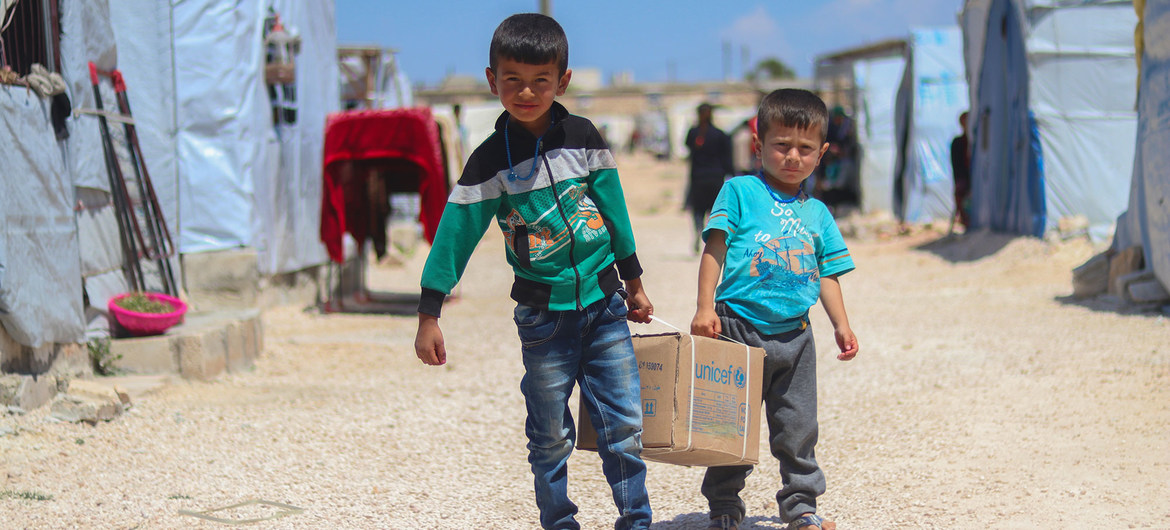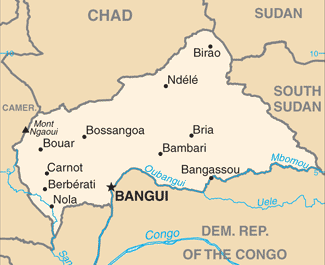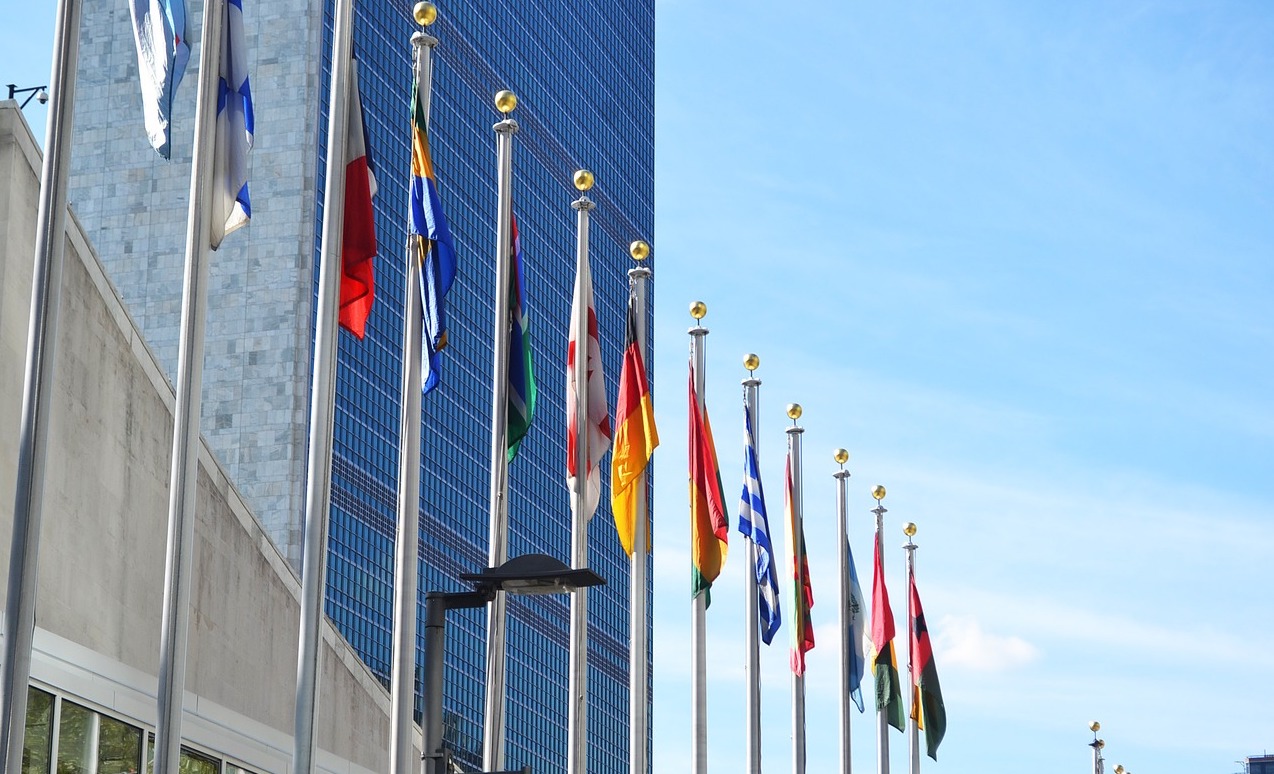
Treaty on prohibition of nuclear arms takes force
The first nuclear disarmament treaty in more than two decades has come into force, following its 50th ratification last October, which triggered the 90-day period required before the treaty entered into effect. The UN completed negotiations on the Treaty on the Prohibition of Nuclear Weapons at its New York headquarters in July 2017. The treaty constitutes “a legally binding instrument to prohibit nuclear weapons, leading to their total elimination.” However, the US and the world’s eight other nuclear powers—Russia, China, Britain, France, India, Pakistan, North Korea and Israel—have not signed the treaty. (Photo: Pixabay)




